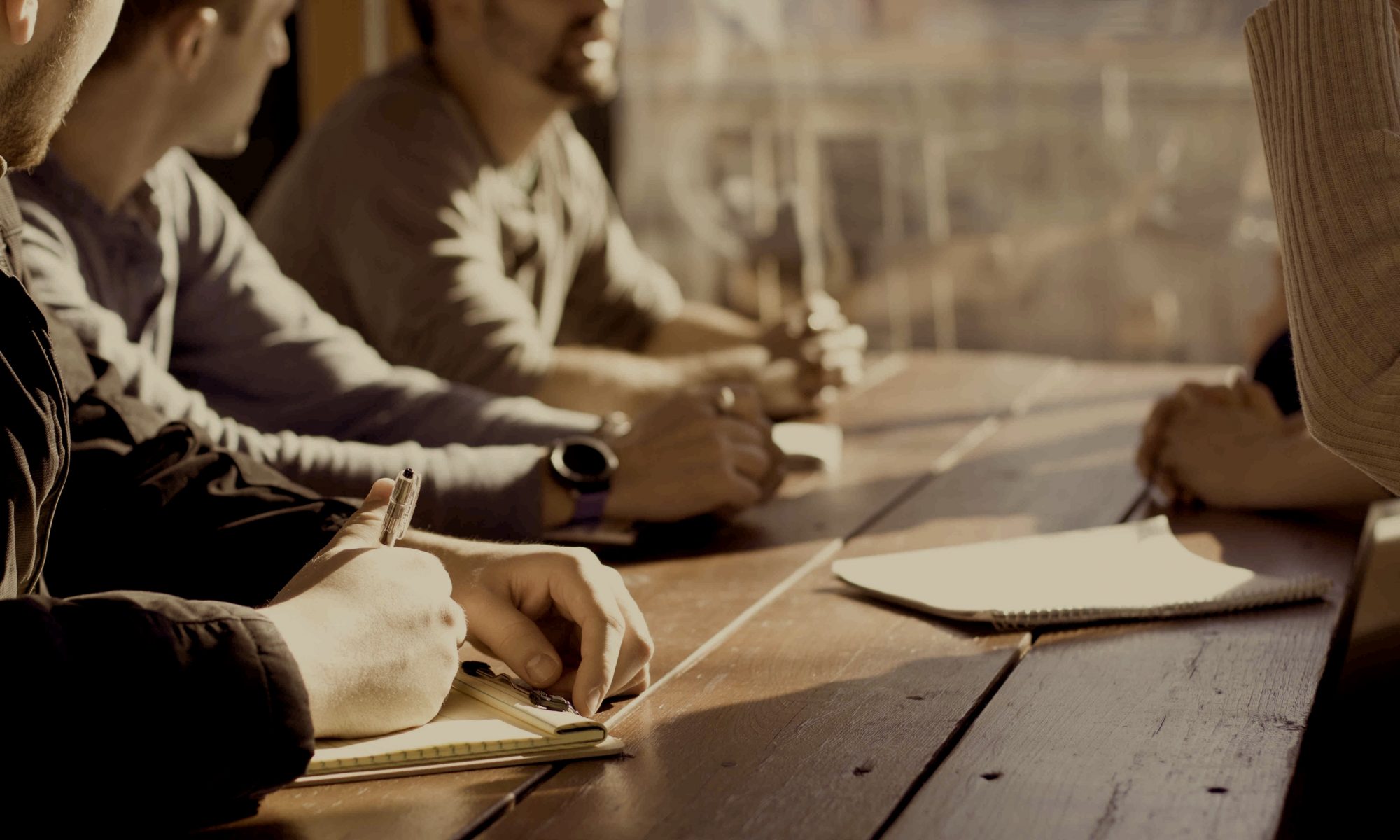
31st May 2020
Managing Organisation Changes
A few weeks ago the world changed and people were asked to change and make changes to the way they lived. We are social animals, we like to operate in packs and we associate with our different tribes. Some people work with and for other people, a few have people working for them. Nobody was immune from the impact of these changes.
Everyone was asked to make sacrifices and in the true human community of spirit, we pretty much did what was asked and behaved in a way that was expected of us. History will pick over the bones of our actions and it will show us for good or bad the way our leaders performed in a time of crisis.
But changes were made, sacrifices were given and minds were changed. We adapted and very quickly learned how to make the most of what we were given and make do with what we had. Everyone suffered financial loss and yet the government stepped in and plugged some of the gaps. Of course, we will all have to pay it back in one way or another, but we are all in it together.
We have, however, discovered that a new work/life balance is possible and in the main, we are enjoying the benefit of becoming renaissance family people again and felt the value of our many relationships and the small things in our lives.
Those running businesses large and small are hoping that the workers return refreshed, enthused and reinvigorated, ready to get the job done and that their markets will be right where they left them and ready to place orders. I suspect that this hope may well be dashed as markets adjust to a reduction in consumerism and employees demand that the work/life benefits remain long after lockdown.
This week I heard a White House spokesperson, Kevin Hassett, eulogise over the idea that “our human capital stock hasn’t been destroyed; our human capital stock is ready to get back to work”. A chilling statement about how working people are seen and valued.
Many of our global businesses have thrived on consumer led economics. Human capital went out to work, they worked hard, they worked long hours, they were cubicled and ordered in lines of efficient output. When they finished they wanted to show off the rewards of their labour. They surrounded themselves with the symbols of success. It was how they became recognised for their efforts. But people are changing. Their values are changing. Their needs and wants are changing. Their outlook and aspirations are changing.
People want connection more than they want stuff. People want intimacy and shared experiences more than they want to jet off to an island in the sun or a ski resort to be seen. People became dry and burnt out. They sought nourishment in inanimate objects and they subordinated the art of cherishing life to the lusts of consuming more and more product.
Human capital isn’t coming back to work…people are coming back to live amongst work and lifestyle changes. There will be conflict and struggles. There will be a retrenchment of commitment. There will be downsizing of application. And all of this will impact consumer demand and work output.
Leaders of businesses will have to think anew about how they sanction a new way of working so that their business adapts and flourishes in these times of change. If you run a business and think ‘this won’t happen to me’…it will and it has, deal with it.
Photo by Minhao Shen on Unsplash
